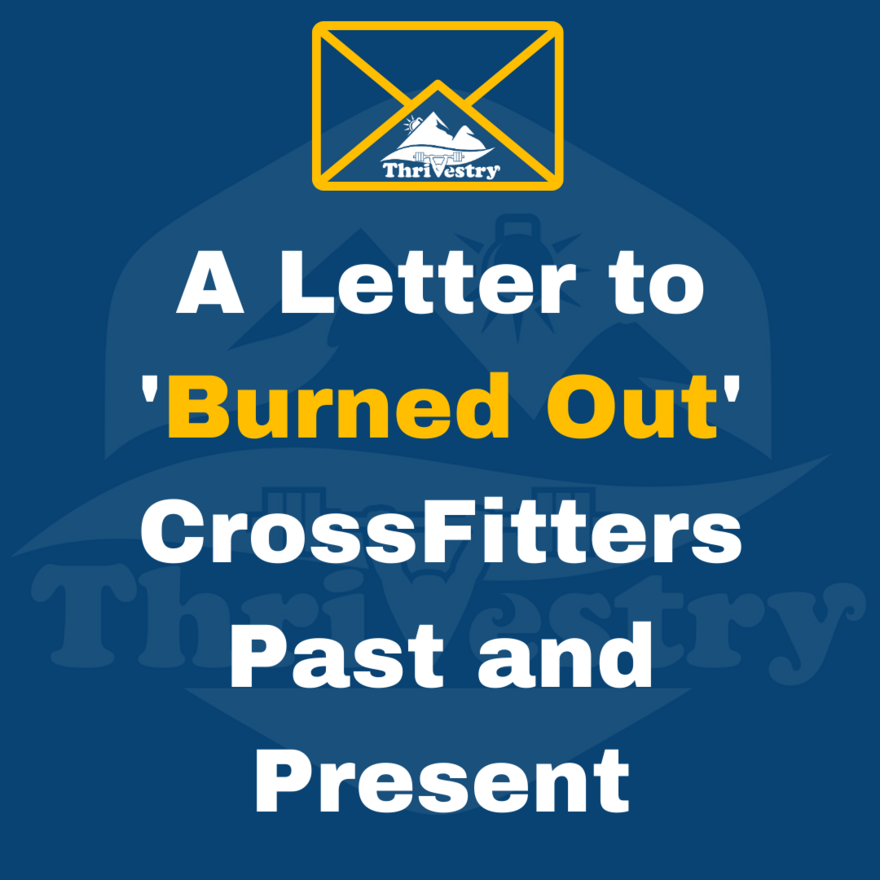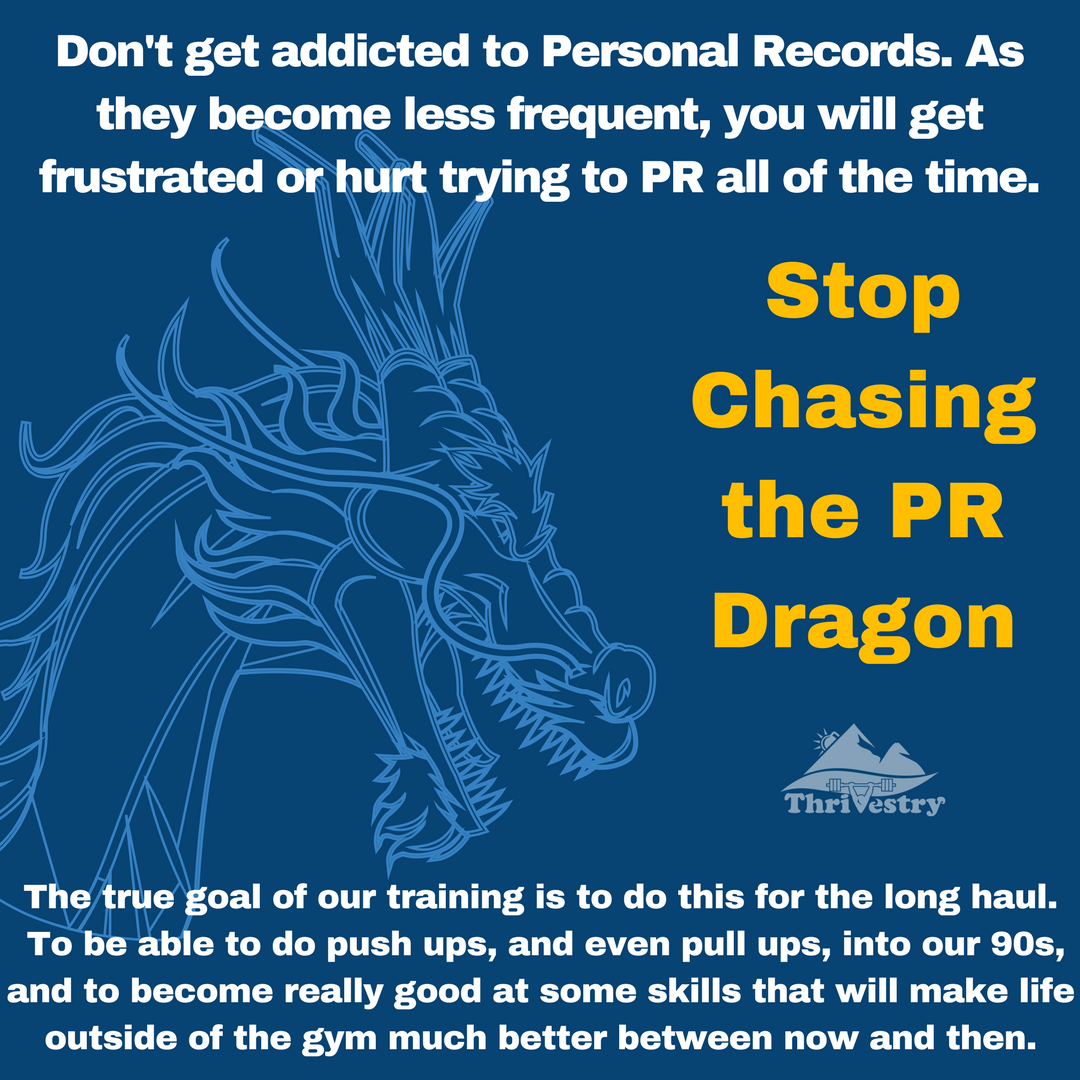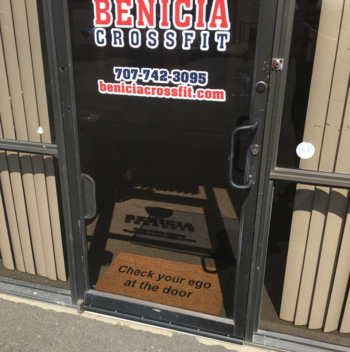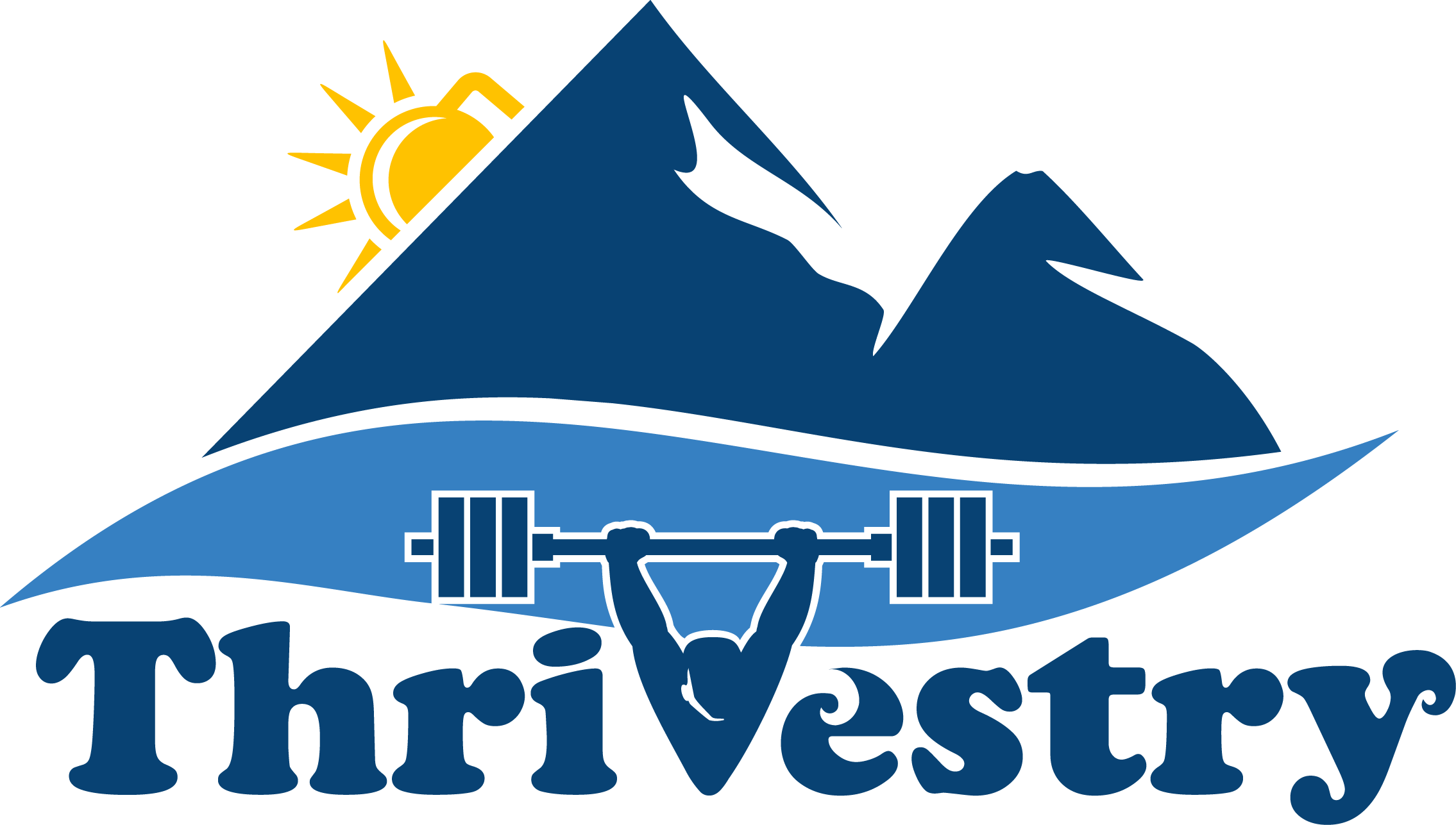3 Things to Get Off the Pain Train

Dear 3+ year CrossFitters (and especially 6+ years and beyond),
After the ‘newness’ of all the fun workouts and experiences starts to wear off, there comes a time in all CrossFitter’s lives where doing a WOD, even just lifting, seems like an insurmountable task.
“I’m just not feeling it today.”
“I’ll go tomorrow.”
“I am too busy right now.”
Having these thoughts occasionally is normal. Ideally, you’ll be able to see through your own bullshit and determine if you are just making excuses or if you really do need to take the day off.
It becomes a problem when ‘occasionally’ turns into ‘often’. And ‘often’ turns into unbroken chunks of weeks, months, or years.
After 16 or so years of ups and downs in my own CrossFit training, I have concluded that this has to do with the psychology and memory of painful experiences. I talk about some of the research and how it applies to classes here.
CrossFit is uncomfortable, sometimes, painful.
Actually… I’d say that is painful more often than not.
This is one of the things that makes it good in some respects. Willfully entering into an experience that you know will be painful, but make you better, is how we build mental toughness and character. Attributes that carry over to other parts of our lives.
But this is a double-edged sword.
The negative to this extreme discomfort is that over time, you will begin to subconsciously believe that training and pain are synonymous.
Whenever you start to think about the need to work out, your brain will start looking for ways to avoid the pain. The pain during the exercises, the soreness after, the injuries, or ‘tweaks’ you’ve had in the past.
It will manufacture all kinds of excuses (it is good at doing that). It will waste time on meaningless tasks so you ‘don’t have time’. It will start a non-urgent project so you can ‘feel productive even though you didn’t work out’. It will tell you that ‘you can always do it later’. Tell you that you’ve ‘earned a break’…
In many cases, these are just ways for you brain to save you from suffering. They aren’t real excuses.
In the earlier years, we didn’t go as hard on the workouts. We were having more fun learning all the new stuff, setting new PRs almost daily, AND… we didn’t have years of neural pathways built up that were telling us training = pain.
If you find yourself starting on this path, or WAY down it, there are some things you can do to get back to the routine and enjoy the benefits of training again.
3 Things to Do to Get Off the “Pain Train”
- Not every workout should be a pain-fest
- Little is better than nothing
- You don’t have to beat anyone (including your old self)
1. Not Every Workout Should Be a Pain-Fest
With Thrivestry, we prescribe the context for this exact reason. “Practice” context days are days where we are going to challenge ourselves some, but not grind ourselves into the ground. These come up twice as often as the usually more intense “Competition” and “Mental Toughness” days for a reason! You can read more about Context here.
That said, going HAF can be a hard habit to break. Especially when everyone around you seems to be going hard.
You need to take some time off the suckfest. Or, if you haven’t been training in a while, accept that you are just going to ‘go-through-the-motions’ for a while.
Scale things back. Don’t max out any lifts. Go much slower on the metcon and/or do fewer rounds/reps.
Over time, you’ll begin to disassociate the train = pain connection in your brain, and your brain will not fight you on working out. Be consistent. Deliberately avoid doing anything that is more than just a little uncomfortable for a while. It may take a few weeks or months, but eventually, you’ll look forward to your workouts again.
2. Little is Better Than Nothing
It is common for people who have been doing CrossFit for a long time to start becoming ‘programming connoisseurs’. They know good workouts from bad ones. They don’t consider it a good training day unless they do a thorough warm-up, mobility, practice a skill, do a lift, then a long metcon, THEN some more practicing or metcon… and then feel completely crushed for hours or days.
You start to think that if you aren’t willing to suffer for an hour or an hour and a half, then you might as well not work out at all.
You start to believe that there is no benefit to just doing some mobility and air squats at home. Or that going for an easy jog and maybe practicing a couple of sets of pull-ups on the playground equipment “doesn’t count” as a workout. That you might as well not go to class if all you are going to do is the warm-up stuff and mobility…
So you don’t work out at all.
All of these ‘little things’ add up over time though. They are not pointless, and they sure as hell are better than nothing!
Get rid of the notion that you must set up a 7-course meal when all you need is a snack.
The crazy thing is (much like snacking), if you commit to the smallest, easiest, ‘taste’ of a training session, you’ll usually end up doing more than you originally planned. You’ll do some extra movements or mobility. You’ll go a little harder or a little longer.
Because you are focusing on the smallest, easiest, things, your brain will not put up much of a fight. You will have fewer excuses, and (most importantly) you’ll find it easier to do something more frequently. You’ll build that consistency that was lacking when you were always waiting for the perfect circumstances to do the ‘all-or-nothing’ pain fest.
3. You Don’t Have to Beat Anyone (Including Your Old Self)
The measuring and competing components of CrossFit are very important to the ‘gamification’ of fitness. They help us get motivated. They show us how we have improved. They demonstrate that our efforts have been worth it.
They also burn us out if overused.
We always push harder if we are trying to beat someone else or beat our old score. As we become more ‘mature’ in our training, it becomes harder to beat our old scores. We must train more, suffer more, and tax our bodies more.
This is especially true for people who started in their 20s and 30s who are now moving into their 30s, 40s, and 50s (and up).
Approach some (if not all) of your training with the mindset that you aren’t trying to “beat” anything. You aren’t trying to “win”. You are just showing up to ‘punch the clock’ as it were.
Get in, break a sweat, struggle a little, have a laugh, and walk out feeling better than when you walked in.
The pressure to perform at your best is a layer of discomfort that adds to the layer of pain you are about to inflict on yourself. Then, there is the layer of disappointment afterward if you don’t hit your goals.
Don’t magnify the pain by putting demands on yourself.
Convince yourself that you are just going to ‘show up and see how it goes’.
If you aren’t feeling it today, pack it in early. If you are feeling great, push a little harder, or do a little extra.
Not every training session has to be a dick measuring contest with the lights on.
Training = Feel Good
It takes time to re-wire the brain away from train = pain.
But if you incorporate these concepts into your training, eventually you’ll start to remember that training should make you feel good.
You feel good during the training when you do that move correctly. You feel good immediately afterward, from all the positive neurotransmitters and hormones released. You’ll feel good the day after because you’ll have just the right amount of soreness (or none at all). You’ll feel good later on when you start to see the good changes to your body, your energy levels, and your mood.
Start today!
Do something, ANYTHING, that counts as being active. A set of push-ups or squats. Go for a walk. Do 10 minutes of mobility. Just get started and don’t worry about measuring, going hard, or what counts as a ‘workout’ and what doesn’t.
JUST MOVE. Your body (and your brain) will thank you.
Thrive on.
-jj
Stop Chasing the Dragon (PRs, Hedonic Adaptation, and being happy with your training)

Stop Chasing the Dragon
For those of you not up to date on your Cantonese slang, ‘chasing the dragon’ refers to burning heroin or an opiate on foil and then ‘chasing’ the vapor with a straw to get your fix. It shouldn’t be surprising that a drug reference would apply to training in the gym when you think of the chemicals naturally released during exercise and when you hit that new PR (personal record). In this case, the ‘dragon’ is setting that new...
The BIGGEST Thing Holding Back Your Progress.
There is a person inside of you that is always rewriting history. That is always comparing yourself to others. That is constantly worried about what other people think. That prevents you from learning because it tells you that ‘you already know this’. That is sabotaging your future self by trying to stay comfortable now.
This is your Ego, and it is your biggest enemy.

(Read Time: 4:30) TL;DR Notes:
- Learn to tell you ego to fuck off.
- Become a student in everything.
- Document...

0 comments
Leave a comment